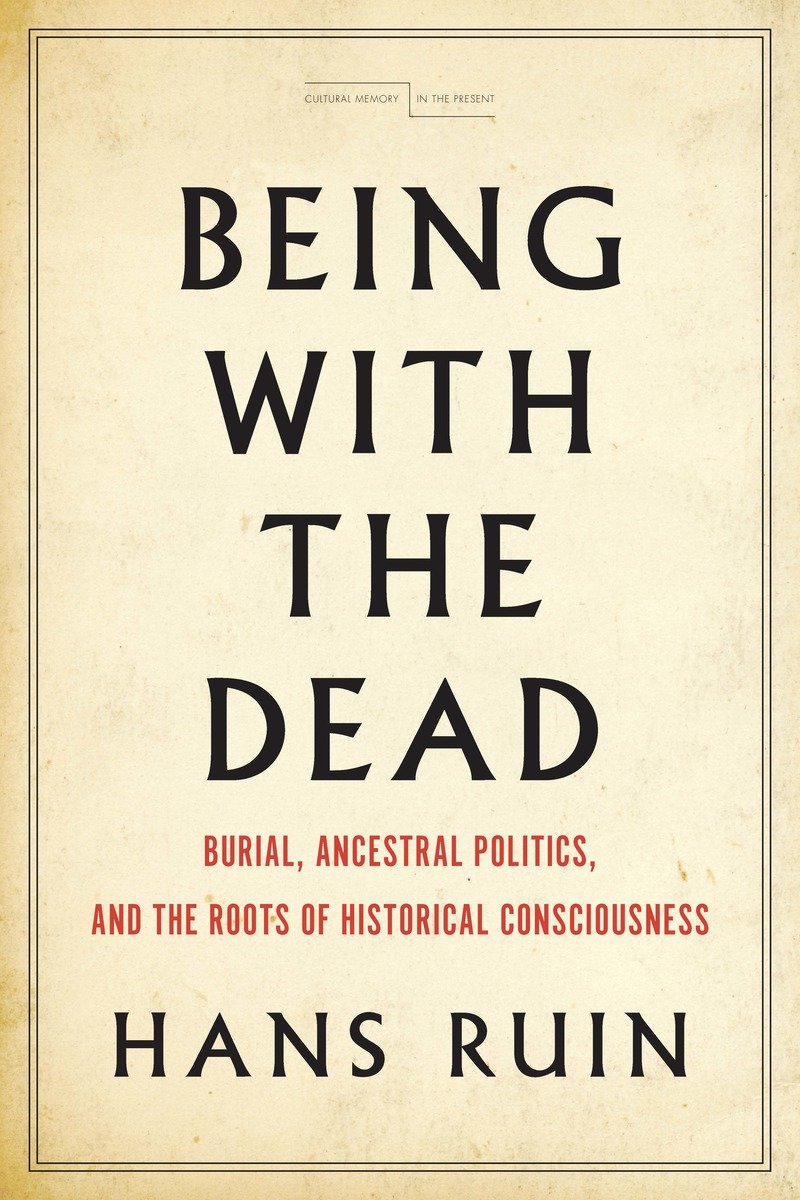Philosophy, Socrates declared, is the art of dying. This book underscores that it is also the art of learning to live and share the earth with those who have come before us. Burial, with its surrounding rituals, is the most ancient documented cultural-symbolic practice: all humans have developed techniques of caring for and communicating with the dead. The premise of Being with the Dead is that we can explore our lives with the dead as a cross-cultural existential a priori out of which the basic forms of historical consciousness emerge. Care for the dead is not just about the symbolic handling of mortal remains; it also points to a necropolitics, the social bond between the dead and living that holds societies together-a shared space or polis where the dead are maintained among the living. Moving from mortuary rituals to literary representations, from the problem of ancestrality to technologies of survival and intergenerational communication, Hans Ruin explores the epistemological, ethical, and ontological dimensions of what it means to be with the dead. His phenomenological approach to key sources in a range of fields gives us a new perspective on the human sciences as a whole.


